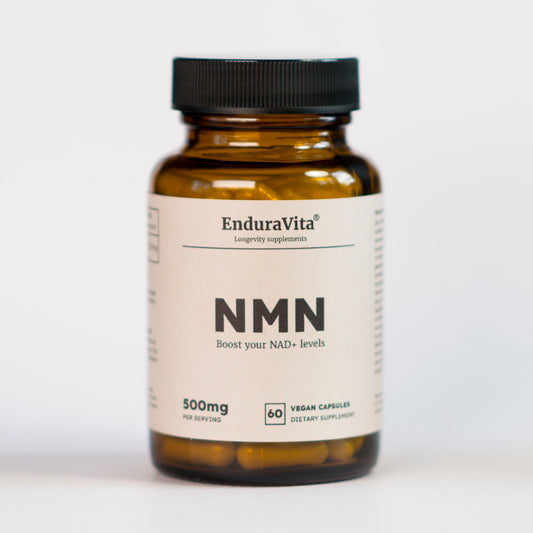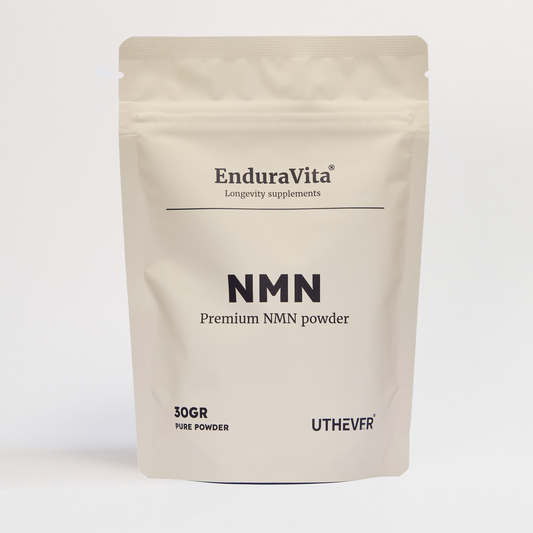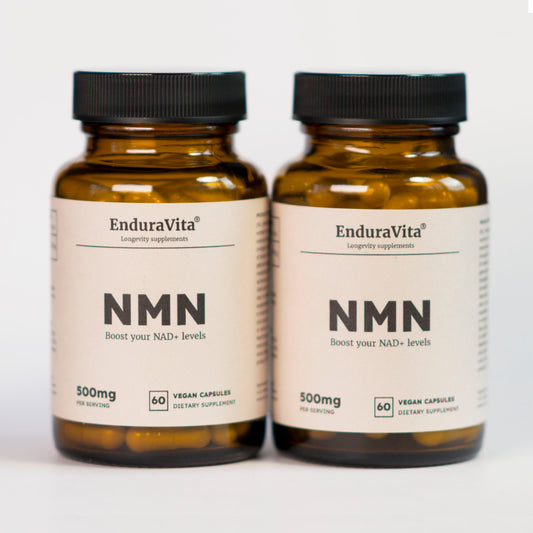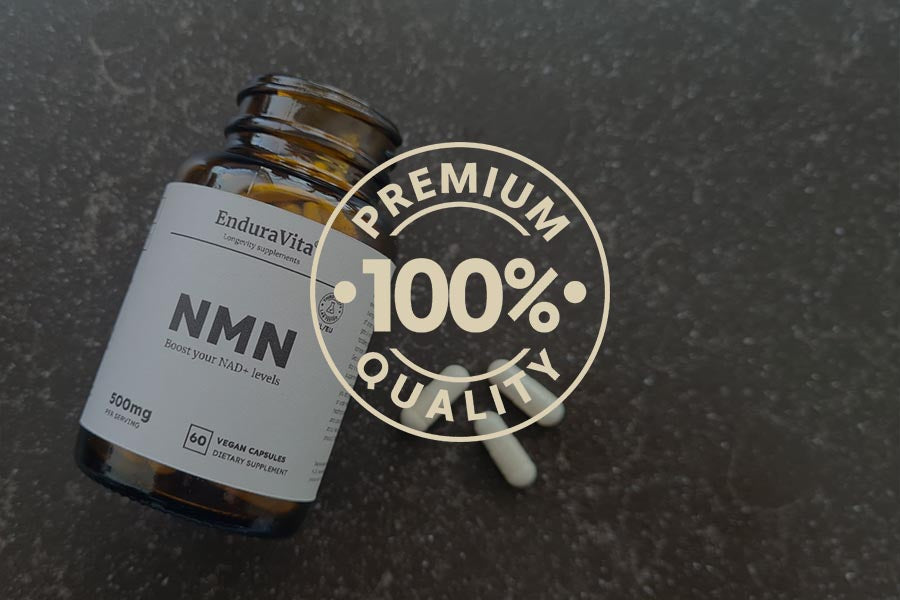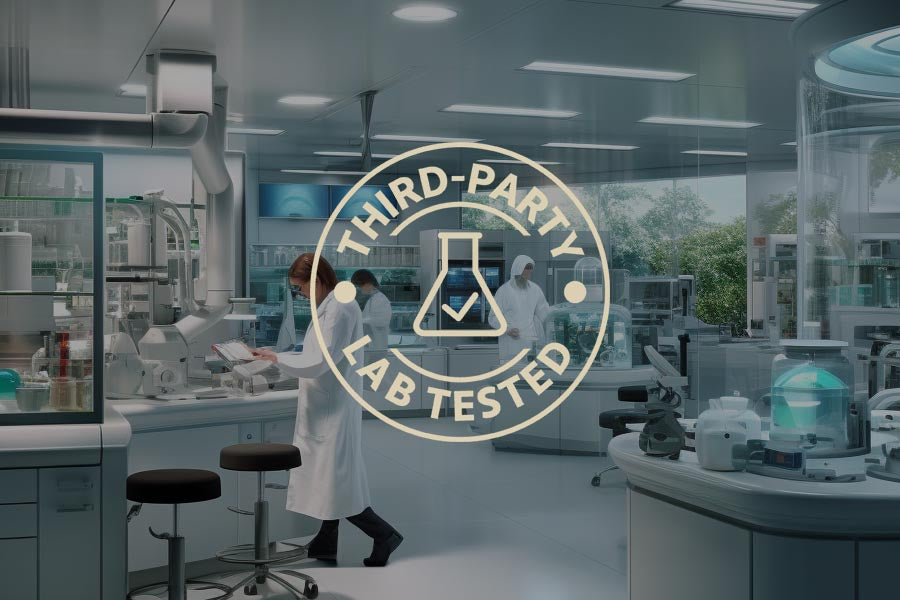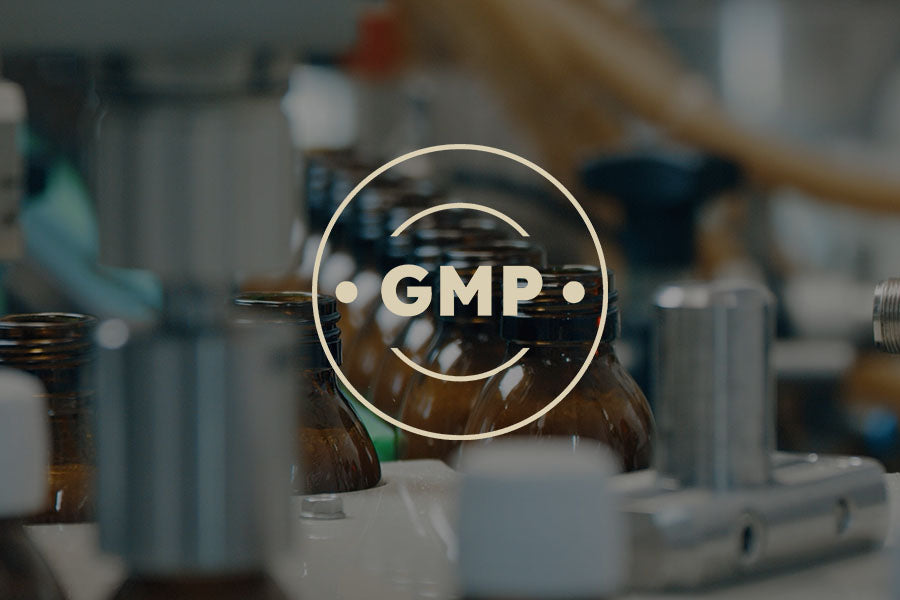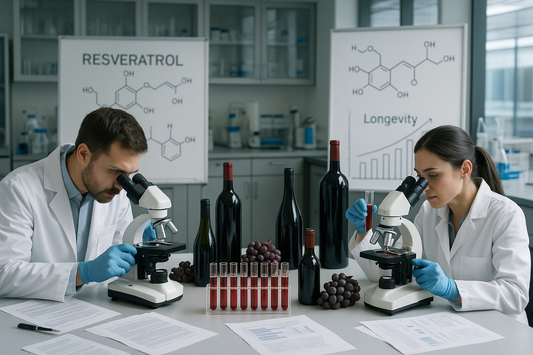
Does resveratrol improve memory and brain function in aging?
Resveratrol. For some, a familiar compound from a glass of red wine, for others an interesting topic in the world of healthy aging. But there's more. This plant-based antioxidant – found in grape skins, peanuts, and blueberries, among others – is also the subject of increasing interest when it comes to cognitive health.
There is one form that particularly draws attention: trans-resveratrol. This is the active variant of resveratrol that, according to preliminary studies, might be able to activate the so-called SIRT1 gene. And that gene? It is associated in the literature with cell function, energy metabolism, and possibly also with the maintenance of cognitive functions in later life.
The central question is: could resveratrol play a role in supporting memory and brain function as we age?

What happens in the brain during aging?
Everyone sometimes forgets where the car keys are. But as we age, certain brain functions actually change. The brain undergoes biological changes that affect memory and learning ability.
The following processes, among others, play a role in this:
Reduced neuroplasticity (the ability to form new connections)
Loss of synapses (the junctions between brain cells)
Reduced blood flow to brain areas
Increase in inflammatory activity and free radicals
The latter two are related to what we know as oxidative stress.
A particularly sensitive area for these aging processes is the hippocampus – the part of the brain involved in memory and learning. Factors such as insulin resistance, reduced glucose uptake, and mitochondrial dysfunction can put additional pressure on this area.
How does resveratrol work in the brain?
Resveratrol has properties that are associated with brain-supporting effects in studies. Below is an overview of possible mechanisms, as described in scientific literature:
Antioxidant effect: helps neutralize free radicals, which may contribute to the protection of brain cells
Anti-inflammatory: in some studies, neuroinflammation is reduced by resveratrol
Amyloid-beta removal: this protein, linked to Alzheimer's, is said to be broken down under the influence of resveratrol according to preclinical research¹
Stimulation of neurogenesis: there is evidence that resveratrol supports the creation of new brain cells²
Improvement of microvascular function: a study by Chen et al. (2021) showed that resveratrol can improve blood flow to the brain³
Activation of SIRT1: this gene plays a role in cell function and energy metabolism, and is activated by trans-resveratrol [read more about the activation of SIRT1 by resveratrol]

What does science say about resveratrol and memory?
In a study conducted by Witte et al. (2014), participants aged between 50 and 80 years received 200 mg of resveratrol daily for 26 weeks⁴. The results were interesting:
Significant improvement in memory tasks
Better functional connectivity of the hippocampus
Increased connection between the hippocampus and other brain regions
Improved glucose metabolism and reduction of body fat
Another recent study by Surya et al. (2023) underscored these findings. It demonstrated that resveratrol increased neurogenesis and microvascular growth in the hippocampus, while inflammatory activity decreased⁵.
Although the majority of these studies are small in scale or preclinical, they do provide valuable insights into the potential mechanism of action of resveratrol in relation to cognitive health.
Resveratrol supplements at EnduraVita
At EnduraVita, we offer trans-resveratrol supplements developed with quality, purity, and reliability as a starting point. Each batch is independently tested by certified laboratories in the Netherlands or the United States.
Our resveratrol supplements* contain only the biologically active form and are intended as a supplement to a healthy lifestyle. Double tested, clearly labeled, and developed with attention to what matters.
* Disclaimer: the mentioned effects of resveratrol are based on preliminary research results and preclinical studies. Results may vary per person and are not intended as a substitute for medical advice.
¹ Liu, Y., Liu, J., & Zhang, Y. (2005). Resveratrol protects PC12 cells from beta-amyloid-induced neurotoxicity: involvement of antioxidant enzyme activities. European Journal of Pharmacology, 516(1), 1–7. https://pubmed.ncbi.nlm.nih.gov/16162502/
² Salehi, B., Mishra, A. P., Nigam, M., Sener, B., Kilic, M., Sharifi-Rad, M., ... & Sharifi-Rad, J. (2018). Resveratrol: A Double-Edged Sword in Health Benefits. Biomolecules, 8(4), 131. https://pubmed.ncbi.nlm.nih.gov/30864708/
³ Chen, J. Y., Tsai, K. L., Wang, M. F., Lin, C. L., & Huang, H. T. (2021). Resveratrol Improves Brain Microvascular Function and Reduces Cognitive Impairment in Aging. Oxidative Medicine and Cellular Longevity, 2021, 9932218. https://onlinelibrary.wiley.com/doi/10.1155/2021/9932218
⁴ Witte, A. V., Kerti, L., Margulies, D. S., & Floel, A. (2014). Long-term resveratrol supplementation improves memory performance and hippocampal functional connectivity in older adults. The Journal of Neuroscience, 34(23), 7862–7870. https://www.jneurosci.org/content/34/23/7862

